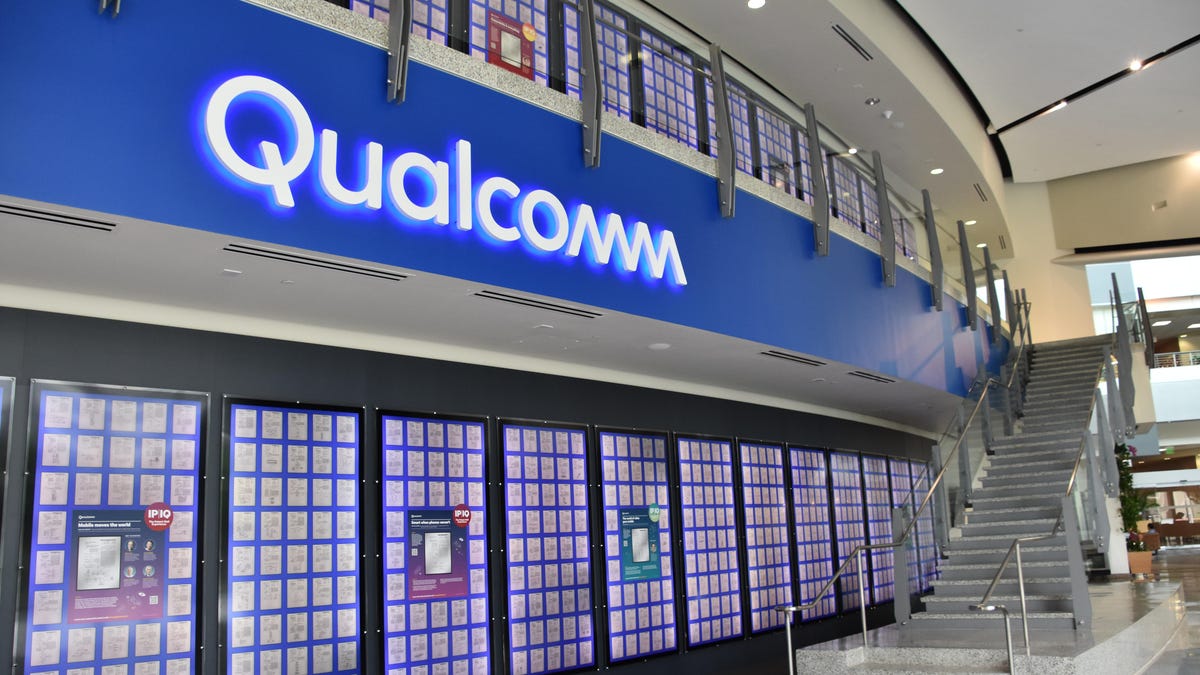Qualcomm wants blueprints on Intel's chips in Apple iPhones
Qualcomm says Intel reneged on a deal.

Qualcomm says Intel reneged on a promise to provide documents on its latest radio frequency components being used in recent Apple iPhones , but it still wants them.
As part of its patent legal battle with Apple , Qualcomm filed a motion late last week in a San Jose, California, federal court to compel Intel to supply it with technical documents and code detailing the use of cellular modems in Apple's smartphones .
"After several meet-and-confers and exchanges of written correspondence, on May 18, Intel appeared willing to cooperate, offering a 'limited supplemental production of technical materials relating to relevant components designed for 2018 iPhone models' in exchange for Qualcomm's agreement that the limited production would satisfy certain requests in the document subpoena," Qualcomm said in its motion (see below).
The motion is the latest in a lawsuit Apple filed last year against Qualcomm for roughly $1 billion, saying the wireless chipmaker didn't give fair licensing terms for its technology. It wants to pay a lower amount for using Qualcomm technology in its devices.
Qualcomm, the world's biggest provider of mobile chips, responded by suing Apple for patent infringement and seeking a ban on iPhone sales. The company maintains that no modern handset -- including the iPhone -- would have been possible without its cellular technologies.
The US International Trade Commission is currently considering one case, involving whether iPhones containing chips from Qualcomm rival Intel should be banned from the US for infringing a Qualcomm patent.
In an effort to expedite the document production process, Qualcomm said it agreed to limit the scope of technical documents requested to those relevant to components designed for 2018 iPhones.
"But Intel went back on its word," the motion states. "Intel failed to produce the material and still has not produced the material two months later."
Qualcomm also says Intel refuses to comply with a Qualcomm subpoena for deposition testimony regarding Intel's current generation of RF components. Qualcomm says Intel has countered that complying would be overly burdensome because more than one deposition will be necessary and some of the witnesses likely reside outside the US -- an obstacle Qualcomm was willing to discharge by use of videoconferencing.
Intel representatives declined to comment.
Qualcomm motion against Intel by jonathan_skillings on Scribd
The Smartest Stuff: Innovators are thinking up new ways to make you, and the things around you, smarter.
It's Complicated: This is dating in the age of apps. Having fun yet?

